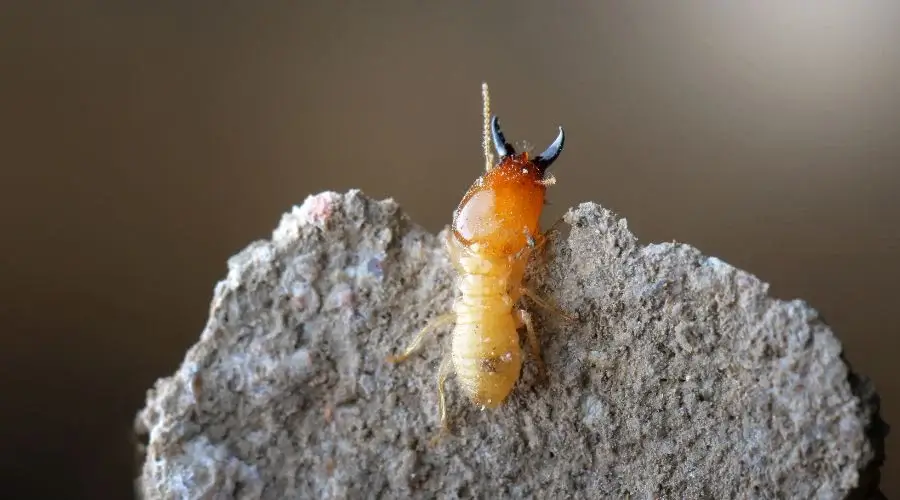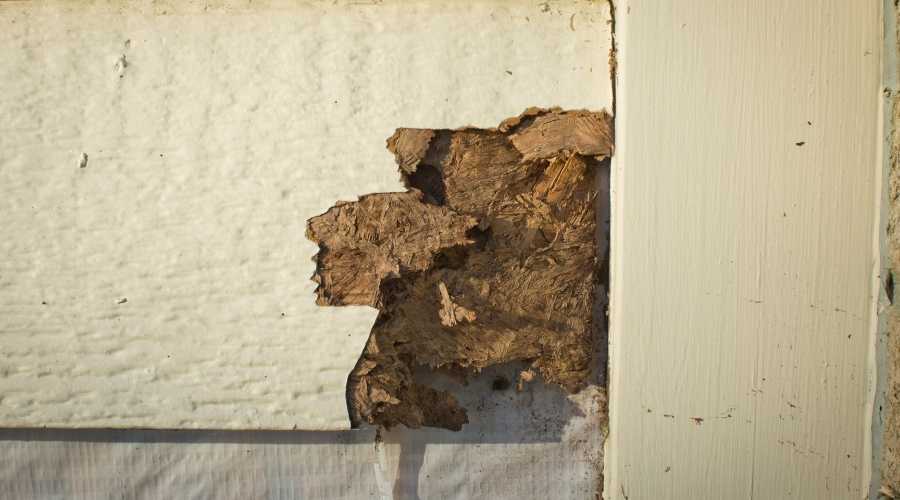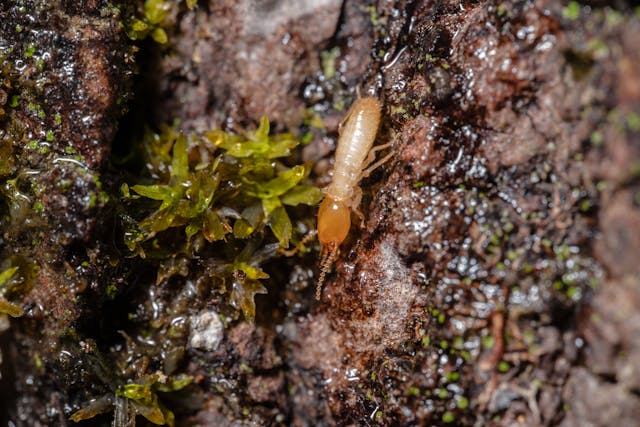Living in Escondido means dealing with a diverse range of seasonal pests that can quickly turn your peaceful home into an unwelcome habitat. From buzzing mosquitoes to persistent flies and aggressive stinging insects, each season brings its own pest challenges. This comprehensive guide will equip you with expert strategies to keep your home and garden pest-free throughout the year.
Why Seasonal Pest Control Matters in Escondido
Escondido’s unique climate creates the perfect breeding ground for various pests. Temperature fluctuations and seasonal changes directly influence pest behavior, making proactive prevention crucial. By understanding these patterns, homeowners can develop targeted strategies to protect their living spaces.
The Science Behind Seasonal Pest Management
Integrated Pest Management (IPM) represents the gold standard in pest control. This holistic approach focuses on:
- Preventing pest entry
- Disrupting pest-friendly environments
- Minimizing chemical interventions
- Prioritizing long-term, sustainable solutions
12 Essential Pest Prevention Strategies for Escondido Homes
1. Maintain Impeccable Cleanliness
- Regularly clean all living spaces
- Eliminate food sources that attract pests
- Focus on kitchen and dining areas
2. Seal Your Home’s Vulnerabilities
- Inspect and seal gaps around windows and doors
- Check foundation for potential entry points
- Use weather stripping and caulk for comprehensive protection
3. Smart Food Storage
- Use airtight containers for all food items
- Store pet food securely
- Clean up spills immediately
4. Landscape Management
- Trim vegetation away from your home’s exterior
- Remove debris and overgrown plants
- Create a clear boundary between nature and your living space
5. Eliminate Standing Water
- Remove stagnant water sources
- Clean gutters regularly
- Ensure proper drainage around your property
6. Install Protective Barriers
- Use fine-mesh screens on windows and doors
- Repair any damaged screens promptly
- Consider screen doors for additional protection
7. Harness Natural Repellents
- Plant pest-deterring herbs like lavender, mint, and rosemary
- Use natural essential oils strategically
- Create a garden that works against pest invasion
8. Waste Management
- Use sealed garbage containers
- Dispose of trash regularly
- Keep outdoor bins away from your home’s foundation
9. Routine Professional Inspections
- Schedule bi-annual pest inspections
- Catch potential infestations early
- Benefit from expert assessment
10. Strategic Trapping
- Use eco-friendly traps and baits
- Place traps in high-risk areas
- Monitor and replace traps regularly
11. Smart Outdoor Lighting
- Switch to yellow or LED lights
- Reduce attraction for flying insects
- Create a less inviting environment for pests
12. Expert Consultation
- Don’t hesitate to contact professional pest control services
- Address persistent or complex pest issues
- Leverage local expertise
Escondido’s Most Common Seasonal Pests
Summer: Mosquito Invasion
- Peak activity during warm months
- Breed in standing water
- Potential health risks
Spring and Summer: Fly Proliferation
- Most active during warmer seasons
- Attracted to organic waste
- Can indicate underlying sanitation issues
Late Summer and Early Fall: Stinging Insects
- Bees and wasps become more aggressive
- Nest-building reaches peak season
- Increased outdoor activity
Why Choose Professional Pest Control?
Escondido Pest Control offers:
- Customized treatment plans
- Environmentally responsible solutions
- Local expertise in regional pest challenges
- Long-term prevention strategies
Take Action Today
Protecting your Escondido home from seasonal pests requires consistent effort and strategic planning. By implementing these comprehensive strategies and partnering with professional pest control experts, you can create a resilient defense against unwanted intruders.
Ready to reclaim your pest-free sanctuary? Contact Escondido Pest Control today for a comprehensive property assessment.





